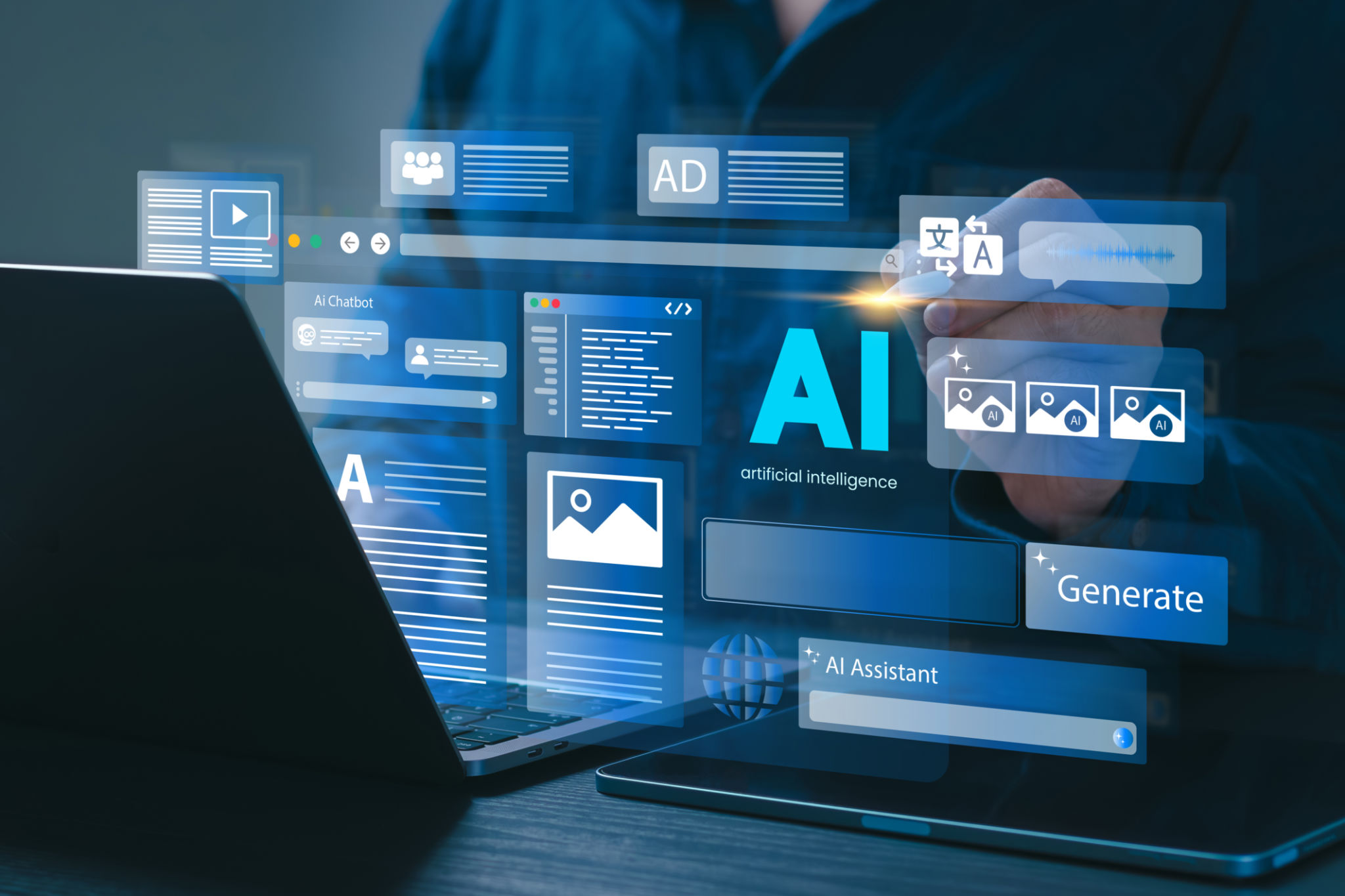Top 5 Misconceptions About AI in Marketing and How to Address Them
Misconception 1: AI is a Magic Wand
One of the most common misconceptions about AI in marketing is that it acts as a magic wand that can solve all problems instantaneously. While AI tools are indeed powerful, they require thoughtful integration and strategic implementation to be effective. Marketers must understand that AI is a tool to enhance human capabilities, not replace them. A well-planned strategy and clear objectives are essential for leveraging AI successfully.

Addressing the Magic Wand Myth
To address this misconception, it's crucial to educate teams about the realistic capabilities and limitations of AI. Conducting workshops or training sessions can help team members understand how AI tools function and the best ways to incorporate them into existing workflows. This approach fosters a more informed and effective use of AI technologies.
Misconception 2: AI Eliminates Jobs
Another widespread belief is that AI in marketing will lead to massive job losses. In reality, AI can automate repetitive tasks, allowing marketers to focus on more strategic and creative work. This shift in responsibilities often leads to job transformations rather than eliminations, creating opportunities for upskilling and professional growth.
Navigating Job Concerns
Organizations should communicate openly about how AI will impact roles and provide resources for skill development. Investing in training programs that help employees adapt to new technologies can ease anxieties and encourage a positive transition. As AI takes over mundane tasks, employees can concentrate on tasks that require human insight and creativity.

Misconception 3: AI Lacks Creativity
Many people assume that AI cannot be creative and is limited to data-driven tasks. However, AI can assist in generating creative content by analyzing patterns, trends, and consumer preferences. It can provide valuable insights that inspire innovative marketing strategies and campaigns.
Enhancing Creativity with AI
To leverage AI's creative potential, marketers should use it as a tool for inspiration rather than replacement. For instance, AI can analyze customer feedback and social media trends to suggest new content ideas. By combining these insights with human intuition, marketers can craft more engaging and effective campaigns.

Misconception 4: AI is Only for Large Companies
There's a perception that only large companies with significant resources can afford to implement AI in their marketing strategies. In truth, many AI tools are accessible and affordable for businesses of all sizes. From chatbots to data analytics platforms, small and medium-sized enterprises can also benefit from AI solutions.
Making AI Accessible
To dispel this myth, it's important to highlight the availability of scalable AI solutions tailored for smaller businesses. Demonstrating successful case studies of small companies using AI effectively can encourage more businesses to explore these technologies. Additionally, leveraging free trials or cost-effective subscriptions can lower the barrier to entry.

Misconception 5: AI Guarantees Instant Results
The expectation of immediate results from AI implementations is another misconception that needs addressing. While AI can streamline processes and uncover insights, achieving meaningful outcomes requires time and adjustments based on feedback and data analysis.
Setting Realistic Expectations
Marketers should set realistic timelines and performance metrics when incorporating AI into their strategies. By focusing on incremental improvements and long-term goals, businesses can better appreciate the value of AI without succumbing to unrealistic expectations. Continuous monitoring and refinement of AI-driven initiatives ensure sustained success over time.